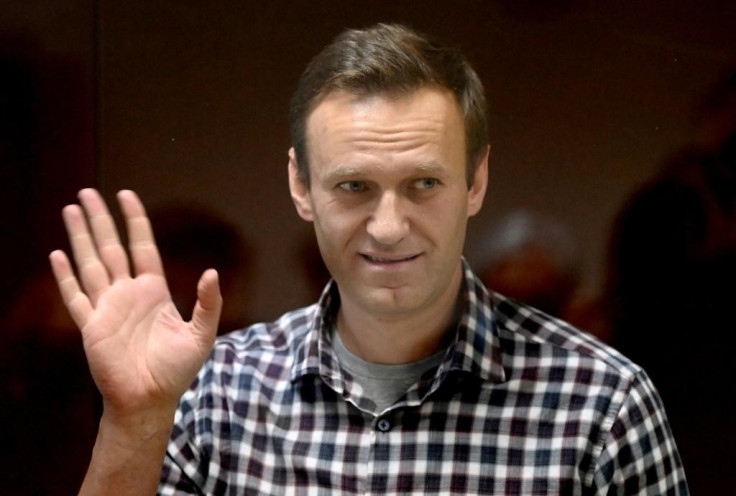
Alexei Navalny's mother has accused Russia of trying to "blackmail" her into burying his body in a secret ceremony. Lyudmila Navalnaya, 69, has said that she was only able to see her son's body eight days after his death.
"According to the law, they should have given me Alexei's body right away, but they have not done so until now. Instead, they are blackmailing me, setting me conditions on where, when and how Alexei should be buried. This is illegal," she said in a video statement.
"They want this to be done secretly, with no farewell. They want to bring me to the edge of a cemetery, to a fresh grave and say: here lies your son. I don't agree to this," she said.
She added: "I'm recording this video because they started threatening me. Looking into my eyes, they say that if I don't agree to a secret funeral, they will do something with my son's body."
Alexei Navalny's mother Lyudmila says Russian officials let her see his body, but won't give it to her unless she agrees to have him buried in secret.
— max seddon (@maxseddon) February 22, 2024
"They want to take me to the far end of the cemetary to a fresh grave and say, 'Here lies your son.' I'm not agreeing to that." pic.twitter.com/LBsd0aoss8
Navalny was found dead by Russia's prison service on Friday. He was serving his prison sentence in a remote Arctic prison. His wife, Yulia Navalnaya, has accused Russian President Vladimir Putin of killing him and claimed that her husband was poisoned using a nerve agent.
She believes that Russian authorities are not releasing his body to ensure that traces of the nerve agent leave the body before it is handed over to the family, per The Independent.
Navalny's team, in a statement released on X, said that his death certificate says he died of natural causes but they do not believe it. Russian authorities have claimed that he was out for a walk when he suddenly fell unconscious and died.
A staunch Putin critic, Navalny was behind several reports that detail corruption in Russia and the Putin administration.
In 2013, Navalny was sentenced to five years in prison for embezzlement. He was found guilty of misappropriating around 16 million rubles (£223,000) worth of timber from a state-owned company. The sentence was described as "unprecedented" by legal experts and was widely seen as politically motivated.
The sentence was suspended several months later, and Navalny launched a bid to run in the 2018 election at the end of 2016. His presidential campaign was thwarted when the 2013 embezzlement charges were revived again at a retrial in December 2016.
The previous case had been annulled by the European Court of Human Rights, which ruled that Russia had violated Navalny's right to a fair trial. He was later charged with a five-year suspended sentence, which he claims is an attempt to prevent him from running for the presidency in 2018.
He was sentenced to nine years in a maximum security penal colony in 2022 after years of tug-of-war with the Russian authorities. He was found guilty of large-scale fraud and contempt by a Russian court.







